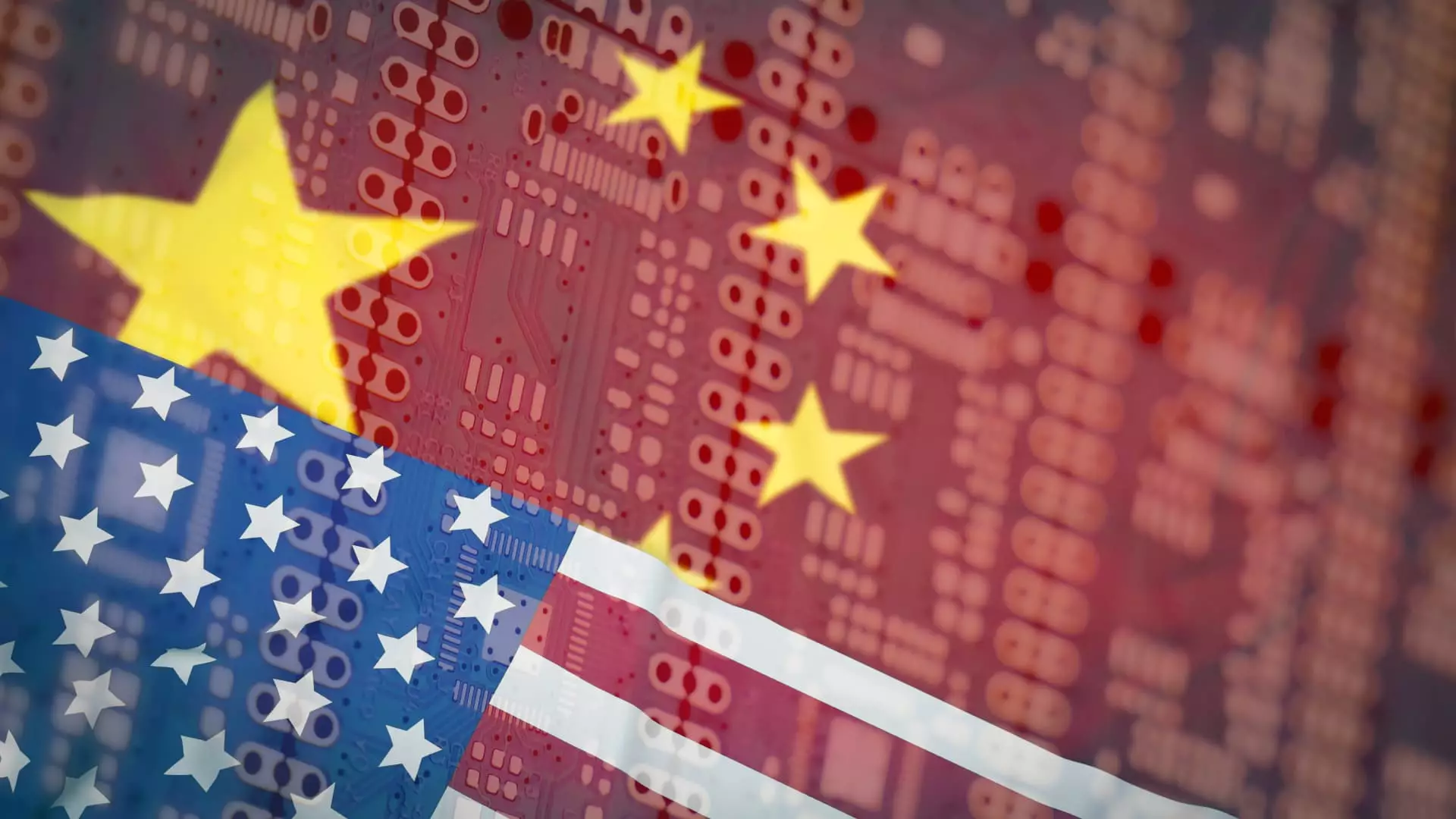In the realm of generative artificial intelligence, much of the global spotlight has been on major U.S. players like OpenAI, Google, and Meta. However, over the past 18 months, Chinese tech giants such as Alibaba, Tencent, Baidu, and Huawei have been making significant strides in launching their own AI models. This surge in AI innovation from China is indicative of the country’s desire to establish itself as a frontrunner in the AI industry, heightening the competition with the United States.
Generative AI applications, like OpenAI’s ChatGPT, have been at the forefront of this technological revolution. These applications have the ability to produce text, images, and videos based on user inputs, powered by robust AI models trained on vast datasets. Notable Chinese companies have been navigating the challenging terrain of AI development within the confines of Beijing’s stringent regulations. Despite these obstacles, they have managed to carve out a niche in the evolving AI landscape.
### Baidu:
Among China’s tech giants, Baidu stands out as a pioneering force in the development of generative AI applications. Its Ernie Bot, an AI chatbot, has garnered a substantial user base, rivaling the likes of OpenAI’s ChatGPT. With the introduction of Ernie 4.0, Baidu has made significant advancements in AI capabilities, positioning itself as a formidable contender in the AI arena.
### Alibaba:
Alibaba’s foray into generative AI has been marked by the launch of its foundational models under the Tongyi Qianwen umbrella. These models cater to a range of tasks, from content creation to audio-based input processing. By offering open-source versions of its Qwen models, Alibaba has fostered a collaborative environment for developers, further expanding its reach in the AI ecosystem.
### Tencent:
Tencent has entered the generative AI domain with its Hunyuan foundational model, boasting strong Chinese language processing capabilities and advanced logical reasoning. This versatile model has found applications across various industries, from gaming to social media and e-commerce. Tencent’s AI assistant, Yuanbao, powered by Hunyuan, underscores the company’s commitment to innovation and personalized user experiences.
### Huawei:
In a departure from its counterparts, Huawei has tailored its Pangu AI models to cater to specific industries such as government, finance, manufacturing, mining, and meteorology. These industry-specific models offer specialized AI solutions, exemplified by the Pangu Meteorology Model’s impressive capability to predict typhoon trajectories with remarkable speed and accuracy. By leveraging its cloud computing business, Huawei has positioned itself as a niche player in the AI market.
### ByteDance:
ByteDance, the parent company of TikTok, has entered the AI race with its Doubao model, offering a cost-effective alternative to existing AI models in the market. With voice generation and code generation capabilities, Doubao presents a compelling option for developers seeking innovative AI solutions at a competitive price point.
As China’s tech giants continue to innovate and forge new pathways in generative artificial intelligence, the landscape of AI development is undergoing a significant transformation. With each company bringing its unique strengths and offerings to the table, the competitive dynamics in the AI industry are evolving rapidly. The emergence of Chinese AI models as formidable contenders in the global AI landscape underscores the country’s ambitious pursuit of technological leadership and innovation.


Leave a Reply